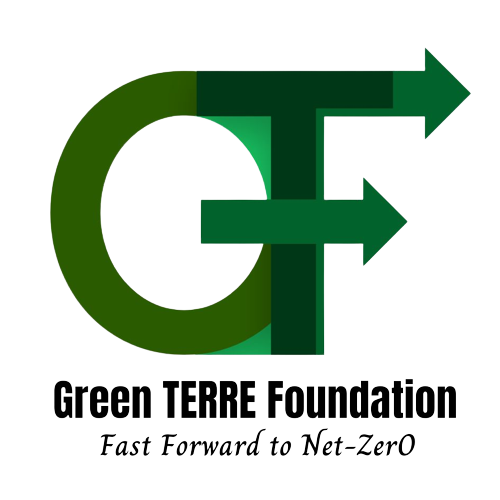Prof. (Dr.) Gufran Beig

Senior Advisor – Atmosphere
Designation –
Sir Ashutosh Mukherjee Chair Professor
National Institute of Advanced Studies (NIAS),
Indian Institute of Science (IISc.) Campus, Bengaluru
Bio Description -
|
Field of Specialization |
Broad Area: Air Quality, Environment, Atmosphere, Weather and Climate Specific Area: Air Quality Management, Policy and Public Outreach, Development of Air Quality Forecasting Framework and Advisory Services, Sources of Emissions, Climate Justice, Impact on Human Health and Food Security, Mitigation Planning |
|
Research Experience Teaching Experience |
-40 years of research experience. -15 years of Teaching experience. |
|
Founder |
Founder Project Director, SAFAR (System of Air Quality and Weather Forecasting and Research)@MoES (IITM) |
|
Green Skill Development |
|
|
Awards |
|
The core research work of Prof. Gufran Beig expands from fundamental science to policy in the area of air quality, environment and climate change. He has provided a new direction in high-resolution chemical transport modelling in India extending from the surface to the upper atmosphere. His most significant work is to design and develop India’s first air quality Forecasting Framework - SAFAR -System of Air Quality and Weather Forecasting and Research for Indian megacities, dedicated to the nation as operational services to help citizens prevent their health by interventions. To help in mitigation and policy formulation, he pioneered high-resolution gridded emission inventories of major air pollutants and greenhouse gases for India. In another important assessment of climate change signals in the upper atmosphere has been done for the first time, which revealed cooling in this region because of an increase in greenhouse gases. This finding has strong implications in the navigation system, radio communication, and satellite movement. His recent contribution is towards establishing the National Air Quality Resource Framework (NARFI) by adopting integrated multi-sectoral science and technology approach to promote evidence-based decision-making and drive knowledge products to integrate into a common platform. He is establishing India's Science and Policy Consortium of Greenhouse Gases and Ozone-depleting substances. His work on determining the baseline level of major air pollutants has direct application to epidemiology and exposure science.



